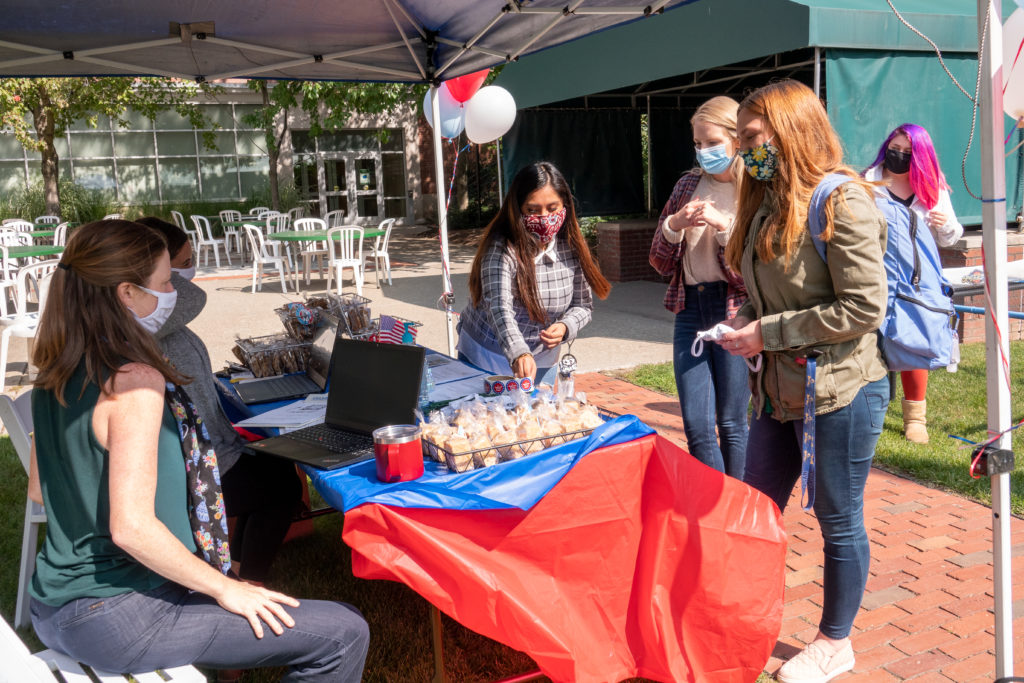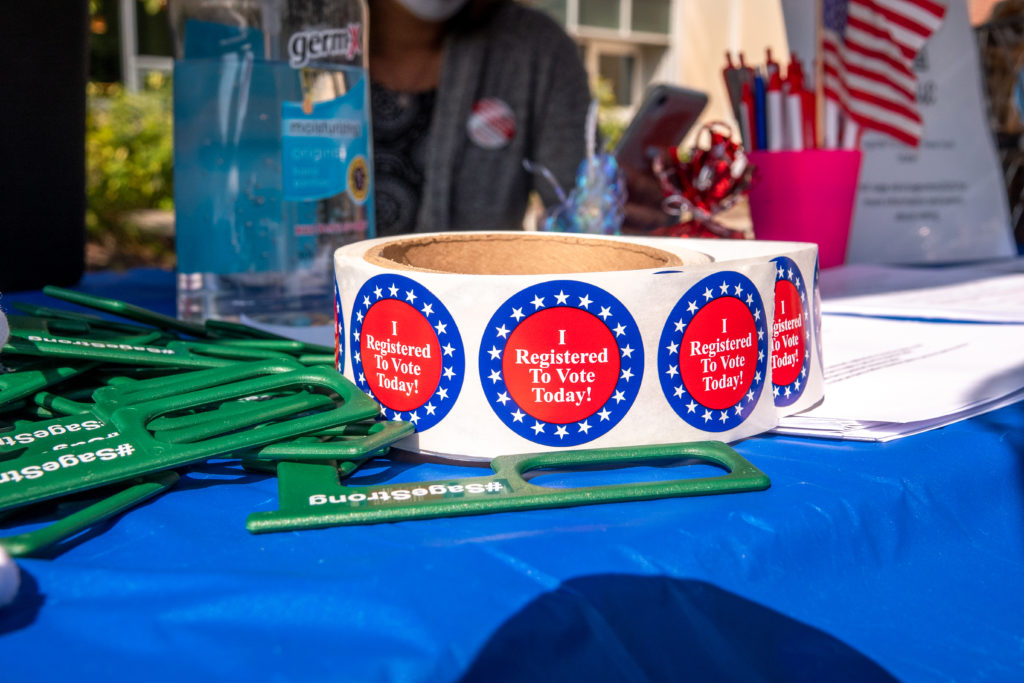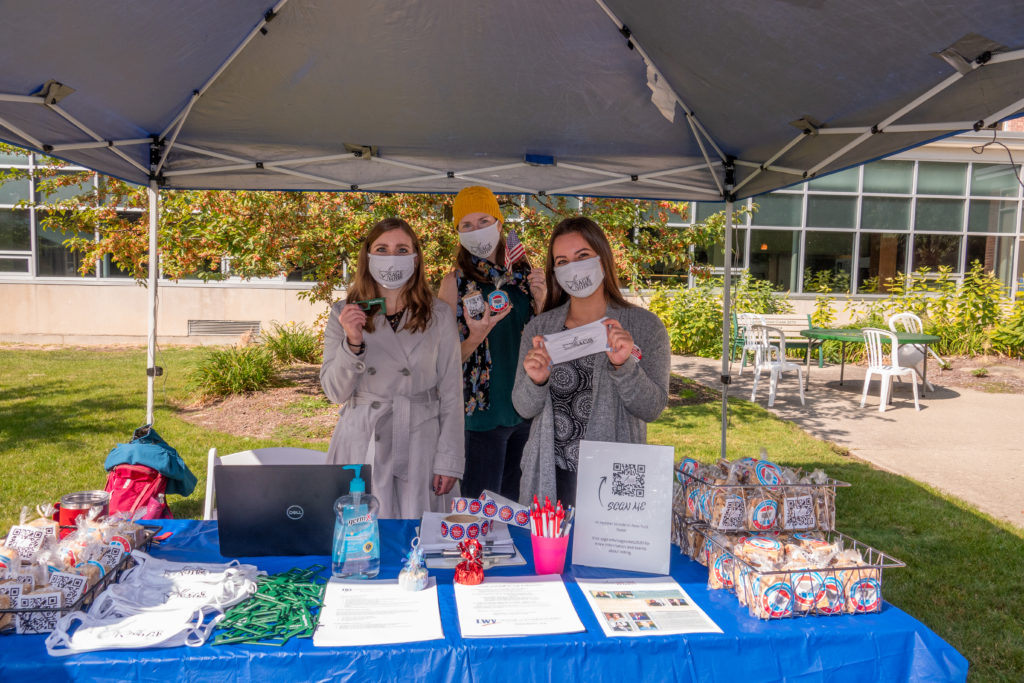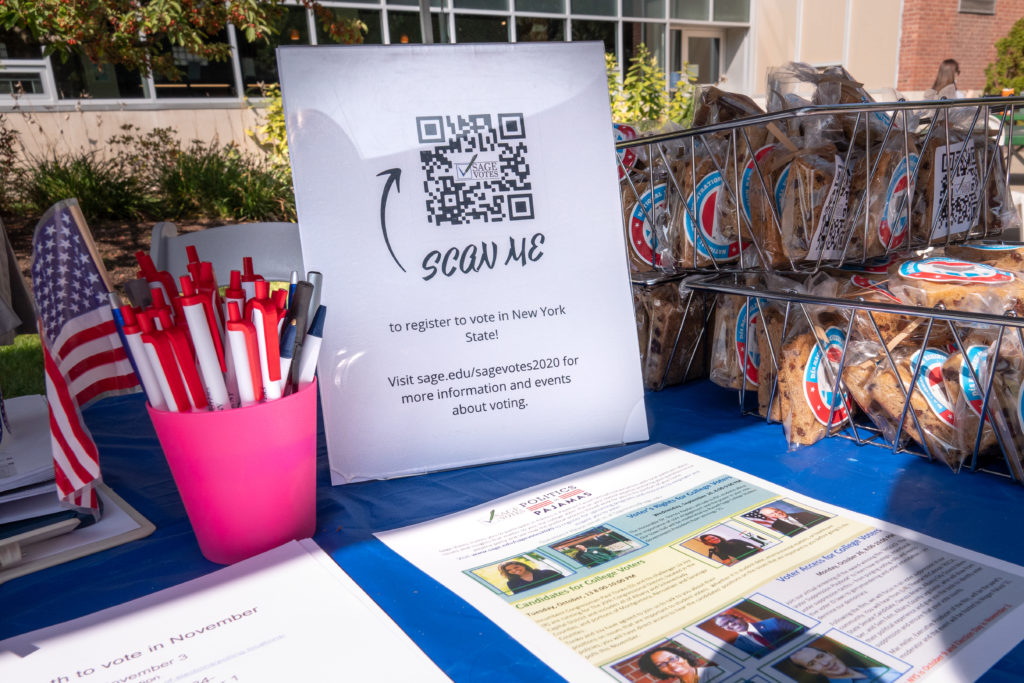- Go To Home
- A Supportive Path for The College of Saint Rose Students to Russell Sage College
- Advising FAQs
- Beacon Alert
- Conferencing & Event Services
- Download Your FAFSA Checklist
- Events
- Gator Gateway
- Graduate Programs
- Health Professions at Russell Sage College
- Introducing…The Gator Gateway
- Join Us for Sage Engage
- Pick your favorite Russell Sage College T-Shirt Design
- Russell Sage Blog
- Thank You!
- The David Pope Case: A Journey from Cold Case to Conviction
- The Russell Sage College I Can Achieve a Nursing Degree (ICAN) program
- Undergraduate Programs
- About
- Why Sage?
- Mission & History
- President’s Office
- Fast Facts
- Accolades & Accreditations
- Resources & Initiatives
- The Women’s Institute
- Diversity, Equity & Inclusion
- Diversity, Equity & Inclusion Past Events
- Diversity, Equity & Inclusion Subcommittees
- Gender Policy & LGBTQ Resources
- Holiday, Religious, and Faith 2023 – 2024
- Priority 1: Growing Leadership
- Priority 2: Increasing Access and Success
- Priority 3: Welcoming Campus Climate
- Priority 4: Attract, recruit, support and develop a diverse community
- Priority 5: Institutional Infrastructure
- Tobacco-Free Campus
- Greener Sage
- Consumer Information
- Conferencing & Events
- Maps & Directions
- Work at Sage
- Offices & Centers
- Academics
- Flex Format School of Management Graduate Programs
- Academic Calendar
- Program Finder
- List of Academic Programs
- General Education
- Courses & Catalogs
- Print Services
- Schools
- School of Arts & Sciences
- Esteves School of Education
- School of Health Sciences
- The Albany Med Health System and Russell Sage College Healthcare Workforce Partnership
- The Speech and Language Center at Russell Sage
- Admission
- Curriculum
- Mission & Philosophy
- Partnerships
- Accelerated 3+2 M.S.
- Faculty & Staff
- Biology Program
- Health Sciences Program
- Nursing Programs
- Occupational Therapy
- Nutrition Programs
- Doctor of Occupational Therapy (OTD) Program
- Doctor of Physical Therapy Programs
- Post-Baccalaureate Pre-Medical Studies
- Psychology Programs
- Forensic Mental Health Program
- School of Management
- Evening & Weekend Programs
- Online Programs
- Academic Resources
- Advisement & Support
- Research
- Centers of Inquiry
- Council for Citizenship Education
- Dawn Lafferty Hochsprung Center for the Promotion of Mental Health & School Safety
- The Helen M. Upton Center for Women’s Studies
- The Kathleen A. Donnelly Center for Undergraduate Research
- Sage Climate Crisis Educational Center
- Sage-SIFT Alliance
- The Center for Teaching & Learning
- Institutional Review Board
- Rubin Community Fellows Program
- Broughton Graduate Fellowship
- Find Funding Sources
- Centers of Inquiry
- Special Opportunities
- Faculty
- Admission & Aid
- Undergraduate Admission
- Graduate Admission
- Apply
- Request Info
- Visit, Events & Virtual Tours
- Evening, Weekend & Online Programs
- Financial Aid & Affordability
- How to Find College Scholarships
- What to Know About the New Free Application for Federal Student Aid (FAFSA)
- Approved Certificate Programs
- First-Year Tuition, Housing and Meals, Scholarships, and Financial Aid
- Transfer Tuition, Housing and Meals, Scholarships, and Financial Aid
- Graduate Tuition and Financial Aid
- Tuition & Fees
- Financial Aid Resources
- Graduate Assistantships
- State & Federal Aid
- Institutional Aid & Scholarships
- Financial Aid FAQ
- Meet the Financial Aid Staff
- Federal Student Loan Forgiveness Programs
- Student Life
- Student Life Office
- Residence Life
- Wellness Center
- Clubs & Activities
- Spirituality Center
- Diversity, Equity, and Inclusion
- Diversity, Equity & Inclusion Coalition Members
- Diversity, Equity & Inclusion Faculty Liaisons
- Sage Allies
- Title IX
- What Is Title IX?
- Top 10 Things Students Should Know About Sage’s Title IX Process
- Top 10 Things Employees Should Know About Sage’s Title IX Process
- Students’ Bill of Rights
- Policies & Procedures
- Faculty and Staff Resources for Sexual Assault Prevention and Response
- Reporting Rights
- Reporting & Confidential Resources
- Campus Climate Executive Summary
- It’s On Us: Sexual Assault Prevention
- Career and Self-Discovery Center
- Bookstores
- The Rev
- News & Events
- Alumnae/i
- Home
- Sitemap
- New Student Welcome
SAGE VOTES is a comprehensive, non-partisan initiative whose mission is to promote student voter registration, voter participation and voter awareness through on-campus and virtual activities. Our committee consists of students, faculty and staff.
For more information, visit our Google site.
Want to stay informed? Sage community members get free access to the New York Times.
Why College Voters Matter
Feel like your vote really won’t matter? Not sure if going out and voting is safe due to COVID-19 or even worth the effort? These reasons why you should vote as a college student should give you some food for thought—and motivation:
- The voting rate among U.S. college students more than doubled from the 2014 to the 2018 federal midterm elections. While voting rates for all Americans increased, the most noteworthy surge was in college student voting—from 19% in 2014 to 40% in 2018. This is particularly impressive and necessary.
- A single vote can make a big difference. In fact, there have been more than a dozen races decided by a single vote or ending in a tie over the last 20 years.
- A Vermont State Senate Democratic primary in 2016 was determined by a single vote out of more than 7,400 cast.
- The college vote can swing elections. There are more than 75 million Millennials, a number that rivals the number of baby boomers—another important voting bloc. If Millennials mobilize, they represent a powerful political force.
The SAGE VOTES Campaign is designed with YOU in mind as a resource to mobilize YOUR political force.
How to Register and Vote in College
College students are always busy, so registering to vote may be a low-priority. You may be surprised to find that registering to vote is actually a quick and easy process, and the SAGE VOTES committee is here to provide many opportunities to get registered on campus and online. These steps can help make the process even easier:
1) Where do you want to register?
You will have to decide in which state and county you want to vote. Out-of-state students need to figure out if they want to register in New York or from your state of origin. When making this decision, you should consider:
Local Issues
If you want to participate in Albany or Troy elections, registering in New York is necessary.
Swing State/Battleground State Status
Students may feel their vote has more of an impact if they can cast it in a state that is fairly evenly divided between liberal and conservative voters.
Ease of Absentee Voting
If getting an absentee ballot for your home state requires extra hoops to jump through, you may prefer to register in New York State instead.
2) Check Deadlines and Eligibility
Each state has different voter registration deadlines and eligibility requirements, so you should give yourself time to check these requirements and make sure you are eligible before starting the registration process.
3) Deciding on a Party Affiliation
When registering to vote, you can select a political party affiliation. While you may choose not to affiliate with any of the major political parties, it may prevent you from being able to participate in caucuses and primary elections. Closed primaries, for instance, are generally reserved for members of the Democratic and Republican parties to determine the candidate that will represent each group in the main election.
It’s important to note that “Independent” and “nonpartisan” are not the same. The American Independent Party is a large third party that people often register under, assuming it means they will be unaffiliated with a political party. Those who do not want to declare a political party should choose “nonpartisan” or “unaffiliated”.
If you’re undecided on your affiliation, it may be helpful to research the various parties and their stands on current issues. Here is a quiz to help determine which party you would like to affiliate.
4) Registering to Vote
Registering to vote is a relatively simple process, and can be done in a few different ways. In general, registrants will need to fill out a form and provide some type of approved ID, like a driver’s license. A social security card may also be required.
In Person
Every week, the Sage Votes Committee will be on the Albany and Troy campus to help facilitate voter registration.
Online
Online registration is available in 31 states and the District of Columbia. Vote.gov can help students determine if online registration is available in your state and, if so, direct you to the right form.
By Mail
Students can pick up a registration form in person or download one from their state’s voting webpage, fill it out and mail it in with any other necessary documents.
5) Absentee Ballot
In the midst of COVID-19, stay safe, stay home, and register to vote online. New York State Residents can register through the DMV with a State issued ID and apply for an absentee ballot online.
Out-of-state students who register to vote in their home state will need to request an absentee ballot in order to vote. Some states allow mail-in voting without requiring a reason, while others will need proof that a student is unable to make it to a local polling station. Please email Geoff Miller at [email protected] and let him know what state you are registered in and that you want to take advantage of absentee voting.
After placing the request, a ballot should arrive in the mail before Election Day. Students will need to send their completed ballot through the mail before the date listed on the ballot.
6) Go and Vote!
When Election Day arrives, it’s time to go vote! Before that, though, you should confirm your polling location and times if you plan to vote in person. You should make sure you have your voter registration card, any necessary ID and your practice ballot. If you need more information about getting yourself to the polls, please contact [email protected].
Those who mail in their votes can prepare their ballots early to be sure they get them postmarked by the designated deadline. Students should be careful to follow all instructions and make sure their ballot is complete before mailing it in.






